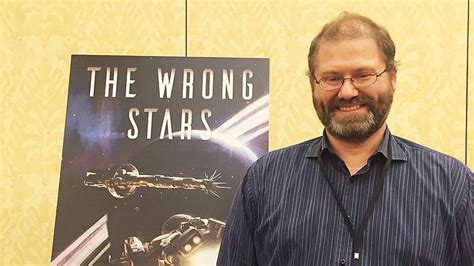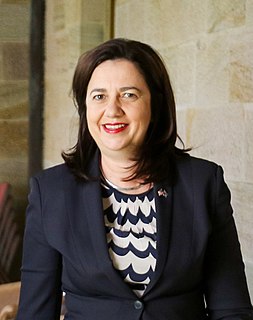A Quote by Roy Cooper
I grew up and raised my family in Nash County in rural Eastern North Carolina. Small towns and rural communities like mine offer special opportunities for so many families. I want them to prosper.
Related Quotes
A seamlessly told and scrupulously detailed history of the Hartsoe clan of Haw County, North Carolina, Love and Lament is that rare novel that brings the gritty, rural past to vivid life. I could very nearly smell the moonshine (the moonshiners too!). Pass a few hours with Mary Bet Hartsoe and family. You won't regret it.
The funding of rural roads is imperative if we want to continue to grow our economy and improve the overall health of our vast, rural regions in the commonwealth. As a native of the Eastern Shore, I know that a single trip down U.S. Route 13 and across the Chesapeake Bay Bridge - Tunnel can show us how important infrastructure is to rural Virginia.
































